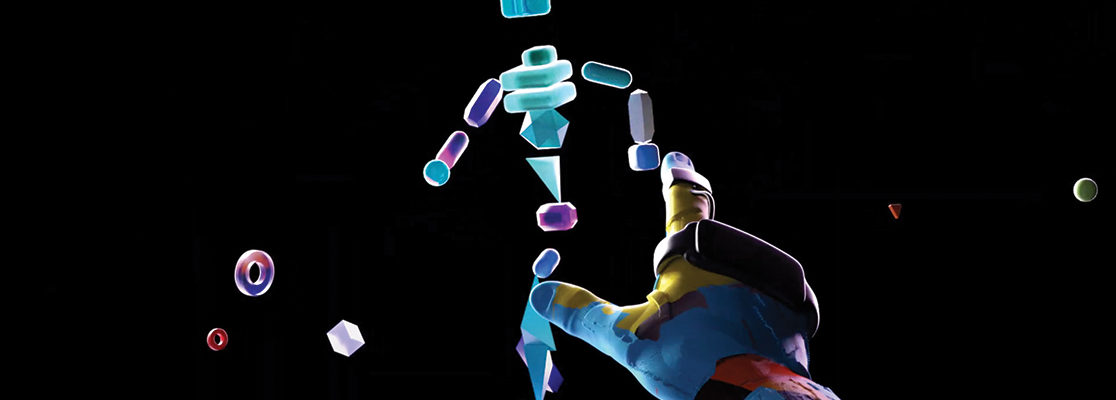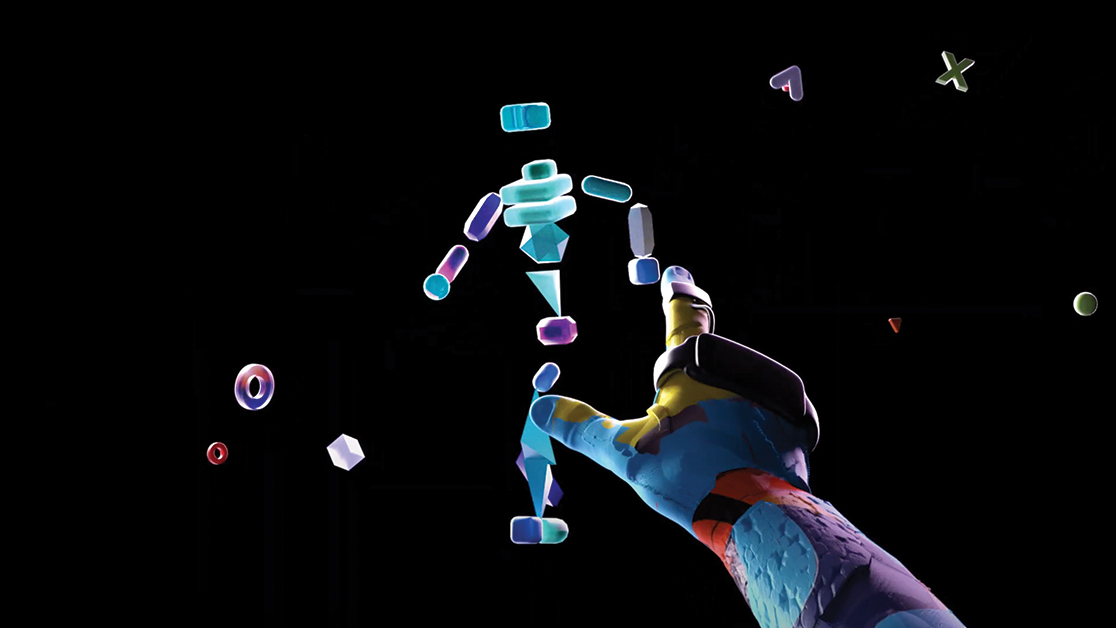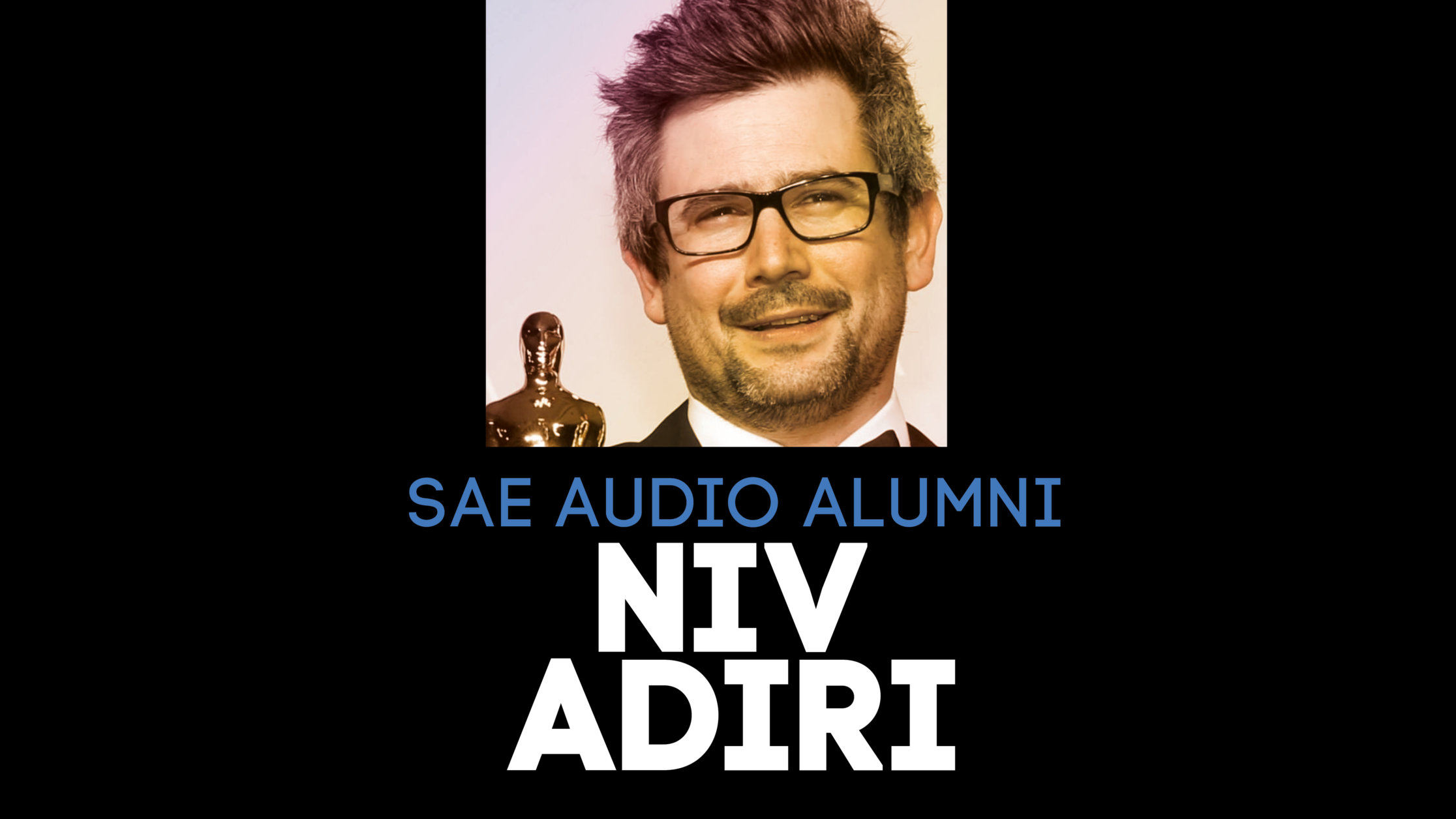The next Alumni superstar could be you!
To celebrate SAE Alumni Niv Adiri, who has recently become a second-time Oscar award nominee for his work on Belfast – we sat down with him to talk about his experiences working on Belfast and his time on the SAE Audio Engineering Degree.
How did you end up working on Belfast and what attracted you to the project?
Well what attracted me to the project was the fact that I was asked [laughs]. No but I’ve worked with Ken once before and he’s lovely. I was a big fan of his work anyway and he’s such a clever filmmaker. He was a joy to work with, very collaborative. You feel like you’re working together and that he’s interested in what you have to say. And then the team who did the actual track laying, the sound for it, you know, I’ve been working with them on other projects and the film editor who edited the film, I’ve worked with her before. It all worked out, they asked me to join them and it was a very quick project because it’s a very low budget, independent movie. We mixed it all in a week, or about a week. It was very quick, to be honest we did it and then came back at the end to do a few more updates – so we had two or three more days but it was relatively quick. So yeah, it was fun and I kind of enjoyed it – not having to sit for weeks and go through it again and again and again. We had Ken in the room with us all the time which was really great because we made decisions straight away and then moved on. It wasn’t like you do something and then they come in and you think “oh, let’s try this, let’s try that”, we did it as we went. It was great, it was nice to be part of something that’s not…you know, it’s his personal story, that’s very important to mention. And it was also really personal to him with memories, you know, it was very touching, you know. It was really nice to be a part of that, and like I said, it’s a really small movie without really anything apart from if someone would like it, watch it and it exploded, you know. It’s really great.
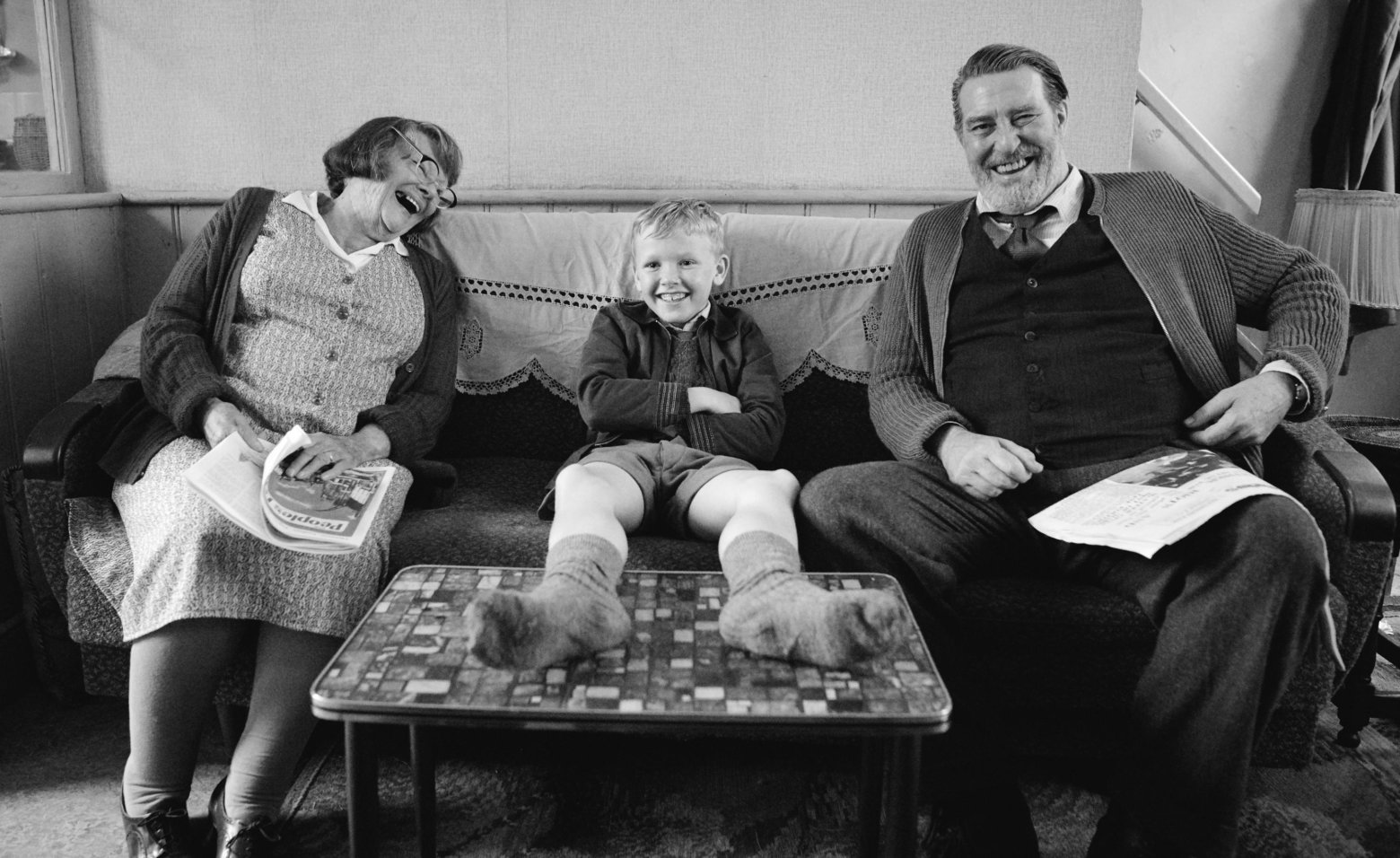
Could you go into detail about what your role was on the project?
So on this one I just mixed it, I’ve mixed primarily the music and the effects. I also gave a bit of help on the dialogue mixing if they needed it. We were asked to re-record the mixer, yeah that was it for this film.
what was the best part about working on Belfast?
Well, like I said it was just the nature of the project, you know, his stories and his memories, there was such joy in that. And to make it, help bring it to life and make it, sort of, true to what he remembered as possible with sound. You know, memories are…he had sound memories and we were trying to make it through the eye of a small child. Just to keep that alive, so we know it’s a child’s perspective. His memory of what he was feeling all the time. And the feeling of the family and the street – it’s one big family, it was really interesting. It was just because it was his, sort of, private story it was really great to be a part of.
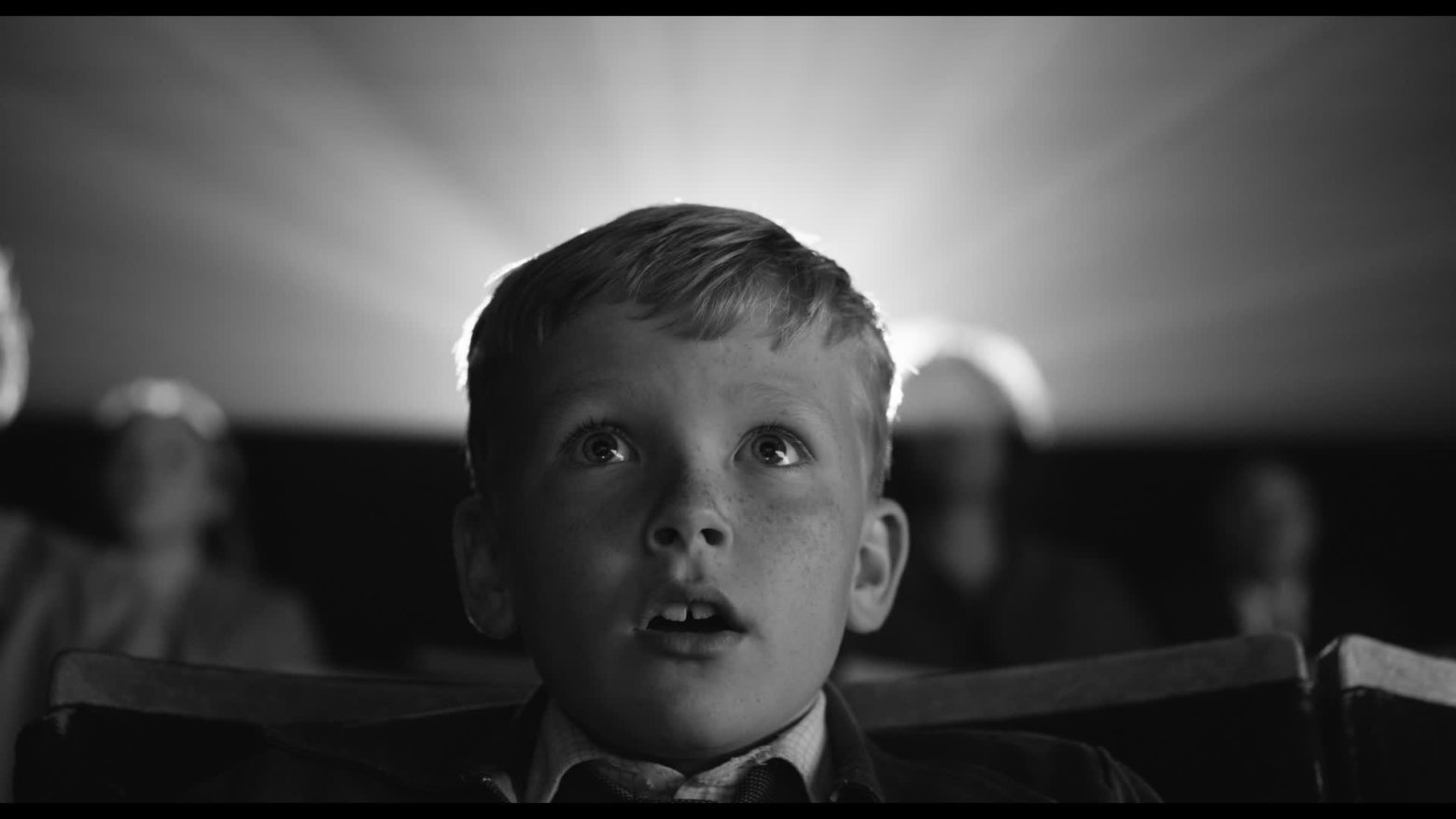
what were some of the challenges you faced?
You can’t really call them challenges because it’s part of what we do, you know. You have to make sure there’s not too much sound in it. That every scene, every shot has a story. It was quite simple because there are a lot of dialogue scenes that were beautifully written so you don’t want to distract from the scene with sounds that are going on around you. But, at the same time, to keep the tension and the fact that it’s, you know, a tense atmosphere and you’re out there. So, that was it – with songs, it’s always difficult to have songs during dialogue scenes because of the vocals. So you have to protect the dialogue even when the songs are playing. All the usual stuff, really.
Okay, so saying that, how was working on Belfast different from your other projects?
I think there’s two things that are different. One is that we had a relatively short time to do it so we had a quick turnaround. The other thing that was different was that the director, Ken, was with us all the time. You know, we stood together in the queue to do the covid test in the morning and we were together until we walked to the cars in the evening. Because we didn’t have a lot of time, you know, he wanted to be there and that’s not always the case. It was actually the first project that I mixed outside of my studio here after lockdown, we went into one room with a lot of rules and regulations, of course. But we were all together in one room.
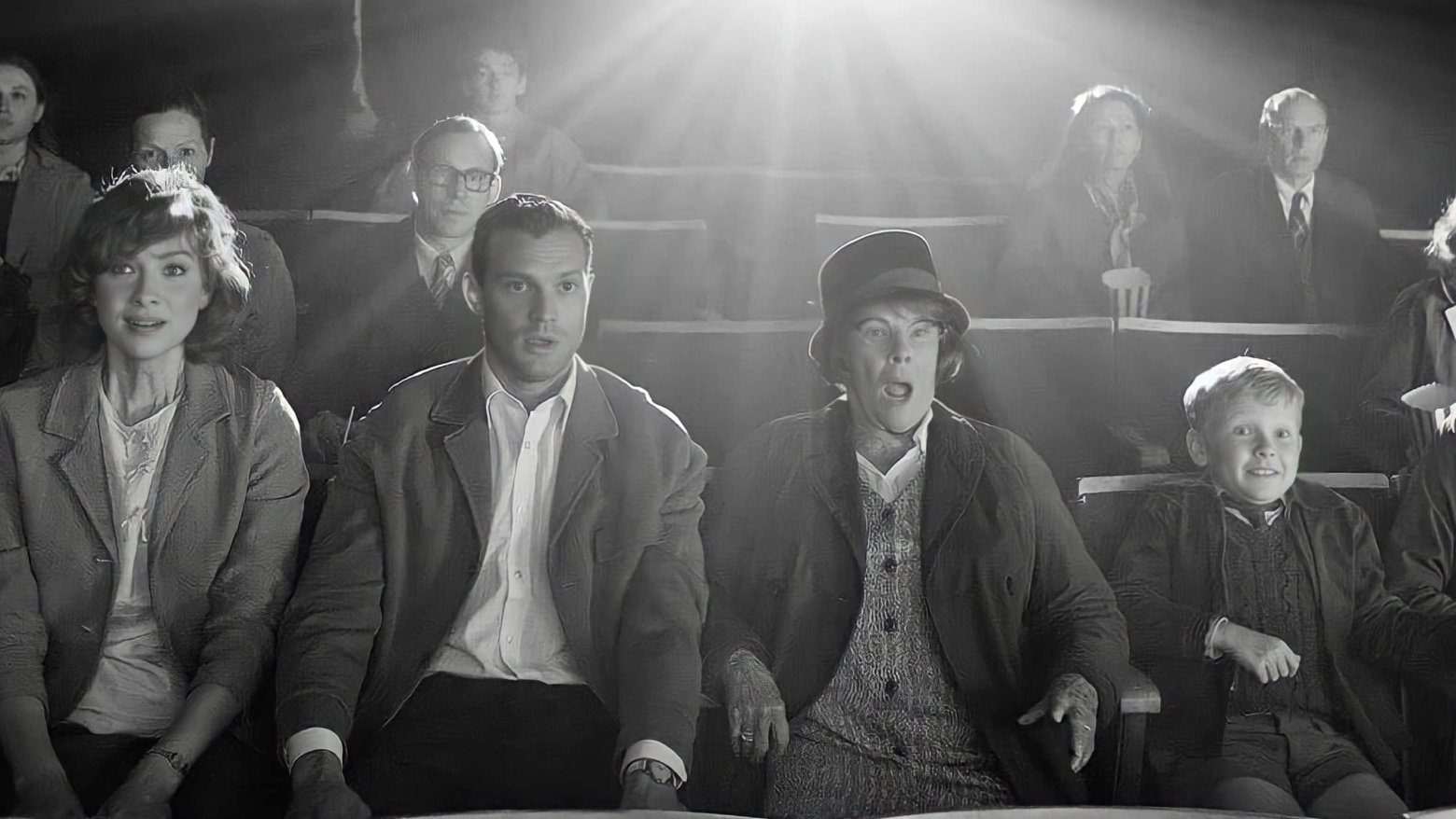
How was that experience?
It was great. It was good to be there again in that collaborative environment, you know. In a place, you know, that’s what we love about it – coming up with ideas, talking about it and then going on and doing it. We were sort of missing that work in lockdown. So it was a lovely project to go back to.
Did you like working so closely with the director?
Yeah we loved that. I mean I always love that…well, almost always love it, depending on if they’re nice people [laughs]. It’s interesting, they want to get the best out of you and they’re interested in what you have to say which is why they hired you – most of them, anyway. And, like I said, Ken is a very collaborative person so it’s great. You just chat about it, you do it and it’s done, there’s no…he’s very clear on what he wants to do. A lot of directors are not quite sure which is fine, they want to experiment but he was very clear, he was very experienced.
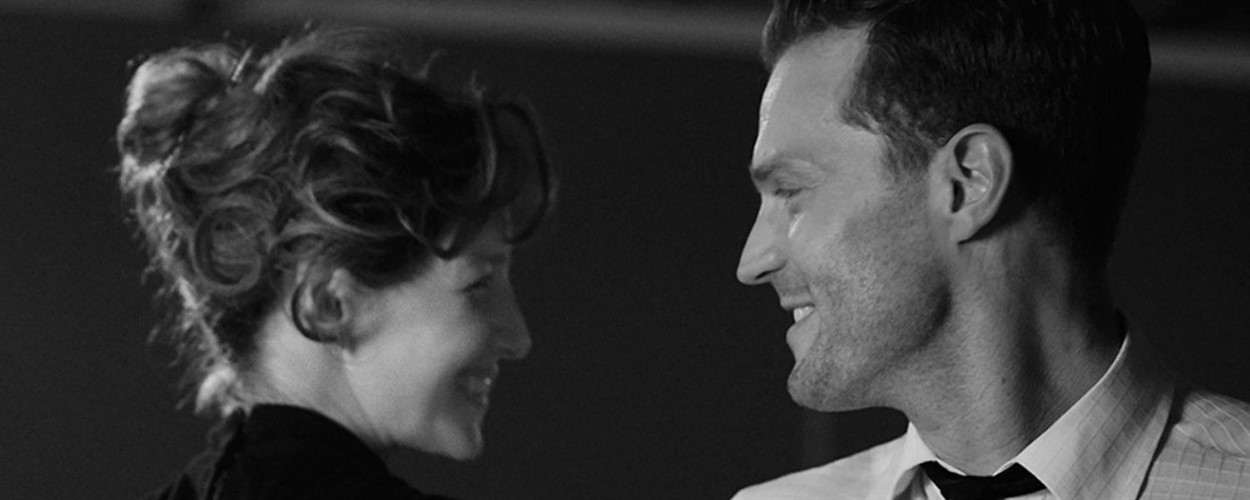
What, in your opinion, are the ingredients to have an oscar-worthy sound design team – if there are any?
[laughs] well, there aren’t really. The first and most important film, I would say, is that you have to be on the right film. You know, this is by far not the most complicated mix I’ve ever done or been a part of. It’s relatively simple sounding which could be quite difficult in a way. But, you have to be on the right film, the film has to do well, to be popular. That’s the truth of it, i the film is not doing well it becomes very difficult to get noticed in any category. If the film is doing well, all the categories are being considered and, all of a sudden, it looks great and it sounds great and that is the truth of it. So you do need to be on the right film, but also, obviously, it needs to be good. You are judged by your peers, so the sound branch votes for the shortlist and the nomination. So it is people like me that go and vote, so you do listen and you do take notice of that work that has been done, how much work has been done, if it’s good or not good. So it still needs to be a worthy soundtrack and, yeah, just do what you do and hope people like it. You know there are certain rules we have to follow, certain effects and, sort of, guidelines, but the whole idea is to do whatever you feel is right for the film and the moment. So, you know, there’s not really one or two things that make or break it, there’s no formula.

Did you have a feeling that Belfast would become as popular as it did?
No, absolutely not. I thought the people would love it because I loved it and I thought it was a sweet story. I thought it was going to do well, but I never really expected it to do that well. Certainly not in the technical category, not in the sound category. Not to say that I don’t think it’s a good job because I think it’s a great job. It’s just, you know, not a lot of time and we’re up against some big films. Big budgets, big visual effects, big scenes with a lot of sound and, you know, not always the small film with a minimal amount of sound, which is sometimes harder to do, will be considered for these awards. So it’s nice, it was a very nice surprise. But yeah, I’m just so chuffed for Ken that his project is doing so well, I’m loving it and it’s doing so well. We were just there to help him tell his story, you know.
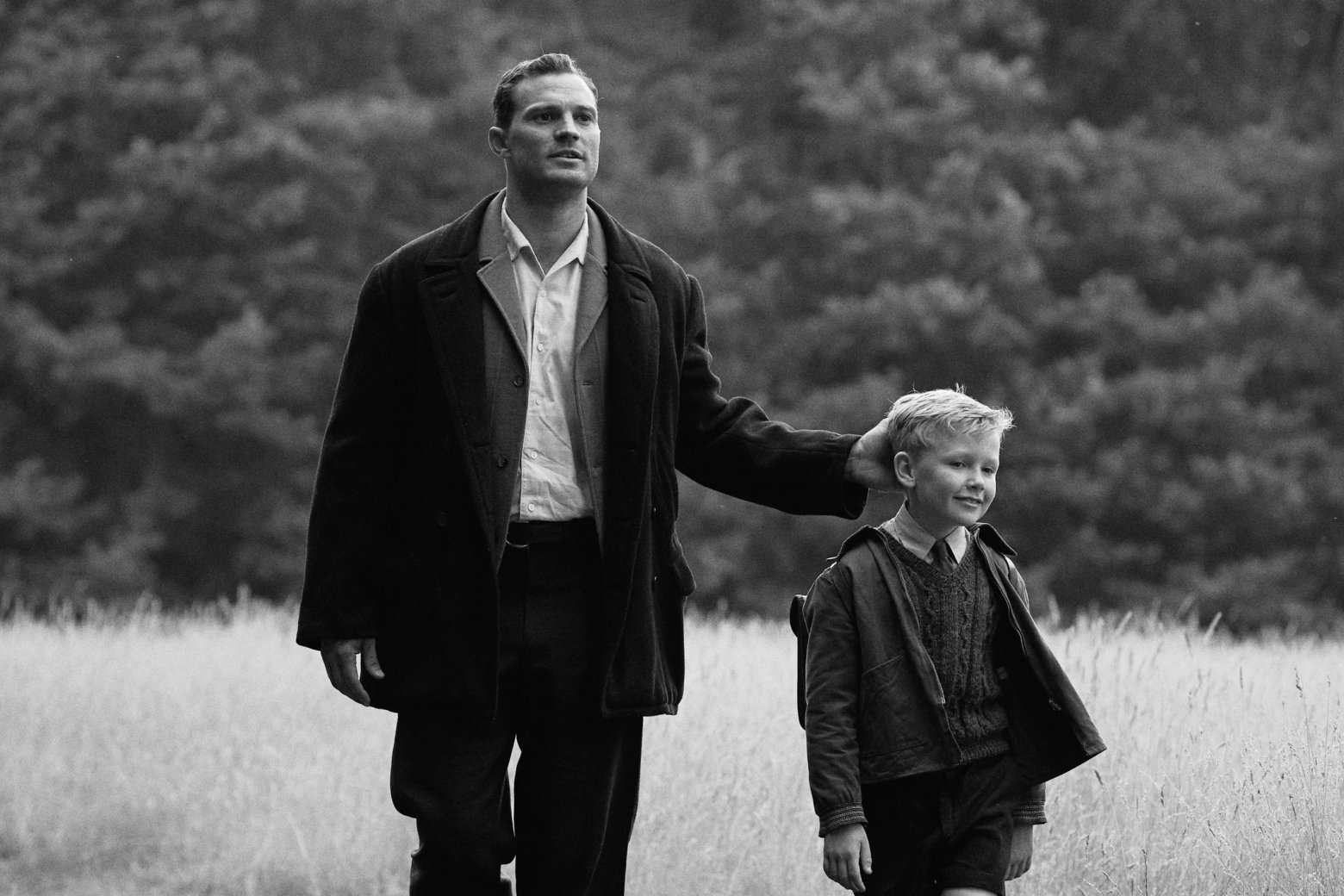
What would you say are the most important skills for someone who wants to become successful in sound engineering?
Yeah, so for sound design and mixing, I always say you have to be technically good at what you do. The software, you have to be on it, you have to know what to do, you need to know the plug-ins, you need to know what’s going on, you need to understand all that and you need to be hot on using the tools and be quick. That is something you can gain with practice. You need to have some form of listening talent, you need to walk around and be a good listener, you know, know what life sounds like, you need to know how to use different sounds and effects, to bring that to life on the screen. Because it’s not, necessarily, recording a certain door sound and putting in the movie because that might not work with what’s on screen. You know, sometimes you have to layer a lot of things to create one sound with some details. So you do need that experience and understanding of how to create sound from different elements. And going back to listening it’s important to listen to your team and also the filmmakers, so the directors – understand what they want and what they’re saying to you and make sure that they’re heard. 50%, more like 80% of our job is to deal with humans. Have some patience, some humour, send some good vibes because, really, what we do is take people by the hand and say “come on, we know what we’re doing, it’s going to be okay. Let’s do it together”. There’s a lot of that, it takes time, some people are naturally great to be around and, um, yeah – don’t say no to anything and don’t forget that we’re there to help them. Don’t be too precious about all the work that you did that might get chucked away.
So what would your advice be to someone who is trying to get into the industry?
Well, technically learn your tools, make sure you can do anything because to start with you might be asked to conform, you might be asked to prepare the sessions, prepare some guide tracks. And it doesn’t mean to say you have to be able to do it, but it is to say that you need to be able to get it and understand to technically jump in and do it. Say yes to everything, don’t say “right, I want to be a dialogue editor, I want to be a sound designer”, and if you’re offered the foley assistant job, you can’t sayin “well no that’s not what I want to do” because you’ll never get anywhere. Any kind of experience, in that field, is great because you don’t know where you’ll need that. I got my first job because I spent a couple of years with a company that installed ProTools and taught people how to use ProTools- it was a long time ago when people just started using ProTools and being considered for post-production. And that was a really useful skill to have because I knew how to use it and show people how to do it, I knew how to install their systems – so I came form a technical side, although I was always creative. But I had this opportunity, and I took that job and then met a lot of clients that then gave me a job as a creative. But I always came around because I could fix anything, if the computer crashed I’m there to help them. So, that’s why they wanted me around to start with and then you say “oh, I can do this, I can do that” and then you start and you pick up from there. You never know where your first job is going to come from, so try anything. And also, you never know, you might try something you thought you’d never like and all of sudden you might like it and that would be your call. Just say yes and be nice. Be nice to people, be fun to be around, be helpful. You need to know how to make tea sometimes and offer it. That’s another thing, be generous with your time, there’s no magic formula, it just takes time. Don’t expect any red carpets because that’s not what’s happening. It’s just hard work, you’re doing it because you love it, though. You have to love this job because it’s tough, it’s long hours, it’s not the greatest pay sometimes – you have to love it.
Well, as long as it’s worth it in the end.
It’s worth it if you think it’s worth it. I’m not doing it for the nominations, it’s lovely and it’s a nice surprise and it does help your career, but that’s not why you do it. If that is why you do it then you’re absolutely in the wrong career because you have to be so lucky. And it might never happen. So you can’t do it for that, you do it because you enjoy it, you enjoy the work and that’s where it’s worth it, you know. You’re part of a team, part of a movie or a TV show.
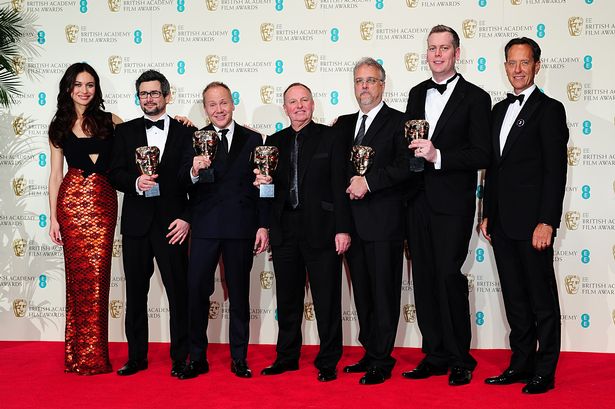
Are you at a point in your career where you are more open to saying no to projects?
I guess – most of the time you say no is if the schedule doesn’t work. There are some films, budget wise, that you can’t make work. You want to work with the right people, if the budget is not there for my whole team and I can’t do it the way I normally do then I can’t give them what they hired me to do. So, then i’ll step back, sometimes they magically find the money. I don’t know if that’s a stage in your career, though. Like I say, I’m doing a very small film right now with a first time director but it’s lovely. There’s no real money in it, but it keeps us going an it’s a relationship. That’s another thing, you need to build relationships, I did a TV film which, budget wise, I didn’t get anything out of it, but I wanted to work with that director – it was an important film to do, so you do it.
Thank you, this was great- we just had a couple more questions about your time at SAE and then we’re done. What advice would you give to students on how to make the most of their time at SAE?
That’s a really good question. When I moved to England, I’m originally from Israel, and when I first moved to England I only moved to do the course at SAE. That was the only reason and I was supposed to move back after the 9 month intensive diploma. I did loads of live sound in Israel and I wanted to know the theory. So when I came to England I didn’t know anyone, I didn’t have one person in London, I only came to study. And because I spent so much money on it, I was 25 at the time, most people in my course were 17, 18, they didn’t quite know what they wanted to do but I knew. I had this little room above the pub near the college, and all I did – apart from sleep for a few hours, was spend time in the studios. I went in, I went in with other people, I helped with this, I helped with that, I was there the whole time. So, I finished quite well in my class and the first job I got in England was through SAE – a company reached out and they gave them my name. So my first job was because of SAE and my audio production course – I owe the school everything, I was planning to go back, I wasn’t sure how to get a job. But that’s because I put the time in, because you normally don’t get to jump into these studios and facilities, and you get free time in there. I would just say use every minute that you can, study hard, make sure you use the knowledge of the teachers, I had great teachers, great people around me – they were all musicians that were very cool. We had a great time. I met musicians and I just used the time and that really got me – I might have gotten another break, I don’t know – but I really am where I am because of SAE. Because they gave my name to that company who called to ask for someone. Hence why I’m also happy to help and speak to SAE, I’ve got a lot of time for it.
So going off that a little bit, what skills did you gain from your time at SAE to prepare you for your career?
Theory for sure. Theory of sound engineering, I had to learn maths and physics, how compressors work, I always knew what things were but didn’t really understand how to use them. The theory was a big part, techniques and recording techniques. How to read charts and so on, it was amazing, I knew how to use live sound desks but never to that understanding. So that’s what stayed with me mostly, the basics of sound and sound engineering.
Thank you so much for your time!
No worries, it was a pleasure.
A huge thank you to Niv Adiri for taking out of his busy schedule to talk to us and we wish him the best of luck for the upcoming awards season!



